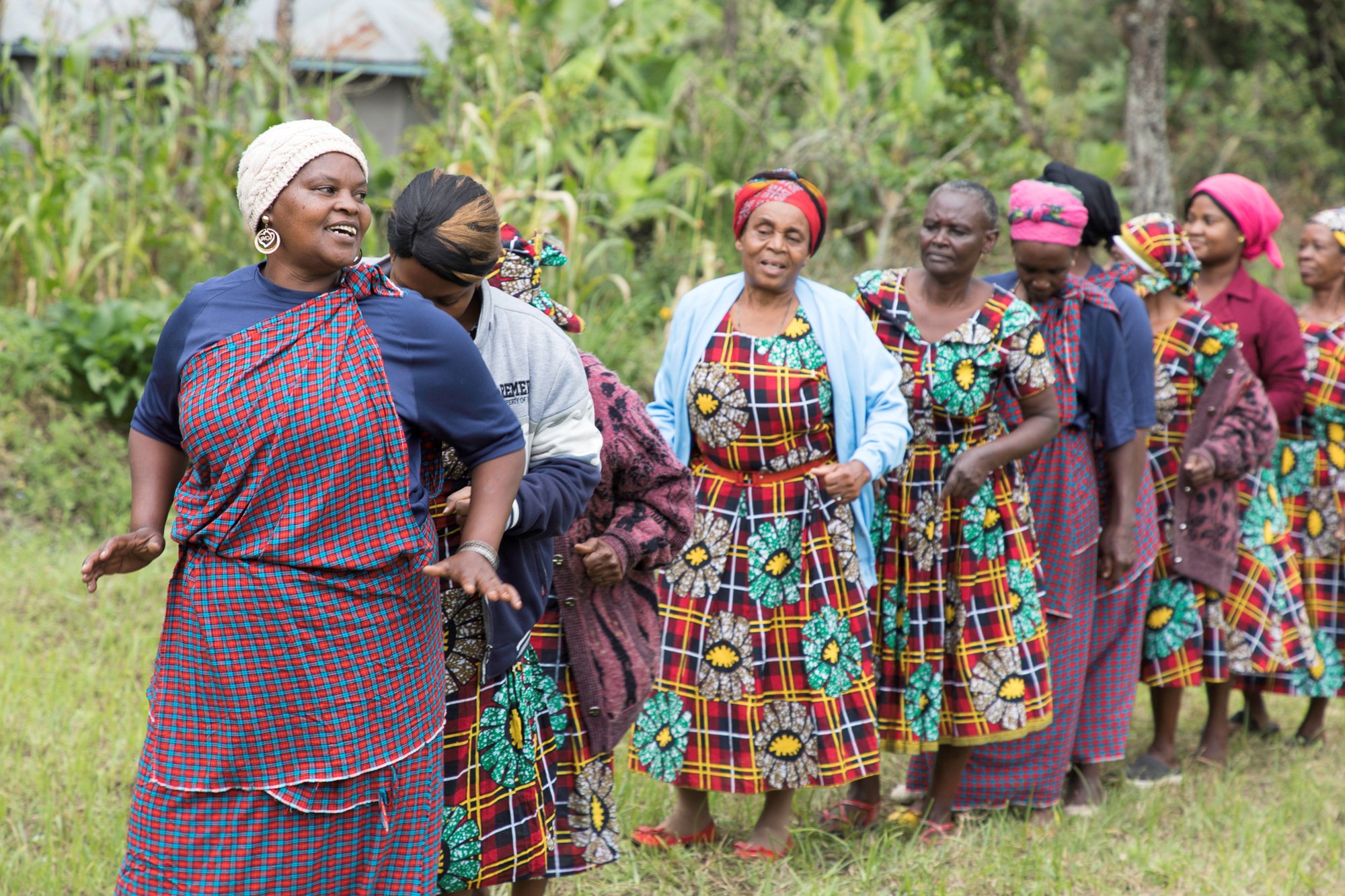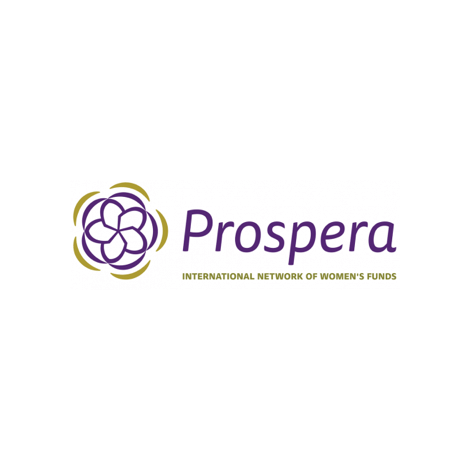The FLC brings together a diverse group of environmental, human rights, and women’s rights funders that:
Engage in an intentional grantmaking strategy development towards gender and climate justice, centering activists doing the work.
Participate in learning and exchanges between funders, activists, communities, organizations, and institutions across fields and philanthropic programs.
Build peer-to-peer, cross-institutional relationships and trust.
Share ideas, strategies, grapple with questions, and support each other’s journeys.
Foster cross-programmatic and cross-institutional collaborations.
Imagine and implement new forms of philanthropic practice.
Why women &
the environment?
Less than 0.1% of all foundation funding focuses explicitly on women and the environment. Members of the FLC recognize that bridging this funding gap is a necessary step for those committed to ensuring a healthy and equitable world for all.
of all foundation funding focused explicitly on women and the environment
Despite this tremendous potential for funding gender-just and women-led environmental and climate initiatives, there continues to be a funding gap. This paucity of resources and access is paralleled in the dearth of research that exists around women’s diverse interactions with their environments, their differentiated capacities to innovate, their distinct knowledge, experience, and expertise.
Lessons from the frontlines:
Indigenous women, women environmental defenders, and young, feminist, climate activists are disrupting the dominant narratives that portray women and historically marginalized communities as victims and actors without agency. The FLC learned about ways in which women, girls, and members of the LBTQIA+ community are leading holistic, intersectional movements and devising innovative strategies to confront climate change.
01 •
Build resilient ecosystems by localizing decision-making power and processes that account for different stakeholder perspectives.
02 •
Recognize that context and location matter.
03 •
Collaborate with partners who have contextual knowledge and local lived experience.
04 •
Foster cross-sector collaboration, approaches, and analyses for advancing gender, environmental, and climate justice.
05 •
Learn how to fund movements and reflect on the roles funders can play in democratizing philanthropy.
Key Takeaways:
-
Funders need to model and mirror commitments to justice and equity demanded of community partners
-
Equitable and just grantmaking requires challenging and changing traditional notions of “risk” and investing in grassroots women-led initiatives from the Global South
-
Challenge historic power dynamics and invest time with grantee partners to cultivate trust, open communication, mutual interest, and knowledge exchange
-
Provide training, advocacy, and litigation support for women and youth defending rights and territory. Fund efforts and support policy improvements for social and economic security
-
Identify root causes of inequitable structures and systems: land access and control, economic resources, economic empowerment, and knowledge exchange; then support long and mid-term strategies for transformative change
-
Provide flexible timelines, adapt metrics that recognize different ways systemic change happens, and invest in participatory evaluation practices
-
Relationships across sectors, foundations, and movements within the gender and environmental justice fields are necessary to diversify leadership capacity and ensure that historically marginalized women and youth have access to decision-making spaces
-
Allocate resources for self and collective care (mental, physical, childcare) and wellbeing of frontline activists, especially women environmental defenders.
“The FLC has provided an important space for me to build relationships with other like-minded practitioners who push me to think outside of the silos of philanthropy. Together, we’re challenging ourselves and our institutions to push the limits of what philanthropy can do and expand the thinking around who it can do it with.”
Member of the Funder Learning Community
WHAT IS THE FLC
What is the funder learning community on women and the environment (FLC)?
In 2019, Global Greengrants Fund, Prospera, the Ford Foundation, and the MacArthur Foundation invited 25 funder allies as a peer-led group to learn about substantive ways in which environmental and gender justice intersect. Through monthly calls, members have deepened their knowledge about the lived experience of Indigenous women, young, feminist climate activists, and the ways women are designing and leading gender-just climate initiatives.
Reimagining just and equitable philanthropic practices is iterative and collaborative and requires political will. Building relationships, expanding networks and honing capacities to constructively challenge ourselves as different actors, institutions, and communities of practice as essential to funding more effectively at this critical nexus.
WHO WE ARE
Who is the FLC?
Coming from a broad spectrum of philanthropic actors- from feminist funds, human rights funders, funders with portfolios that focus on conservation and climate change mitigation-the Funder Learning Community (FLC) for Women and the Environments represents a diverse range of ages, experience-levels, and regional perspectives. Members work across the globe with vastly different regional portfolios and funding priorities. What participants all have in common is a commitment to intersectional, gender-just environmental and climate grantmaking:
Climate Justice
Resilience Fund
Climate and Land
Use Alliance
Ford Foundation
Foundation for
a Just Society
FRIDA
Global Greengrants Fund
John D. and Catherine T. MacArthur Foundation
Kendeda Fund
Margaret A Cargill Philanthropies
Open Society Foundation
Central American Women's Fund
Both ENDS
Prospera INWF
Packard Foundation
Wellspring Philanthropic Fund
Walton Family Foundation

download the FLC summary brief 2022
•
download the FLC summary brief 2022 •
Download the Funder Learning and Action Co-laboratory summary brief 2022
Contact us.
For any question regarding the Funder Learning and Action Co-laboratory you can reach out to us here!


























